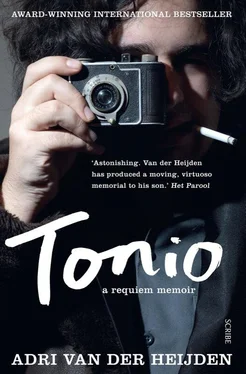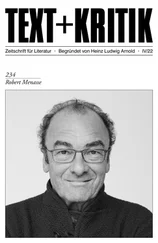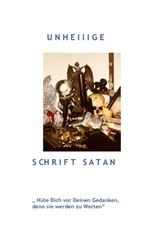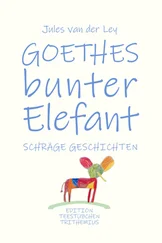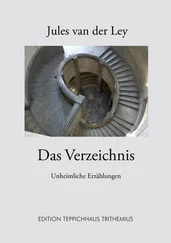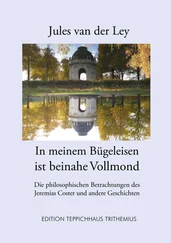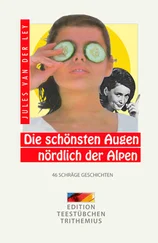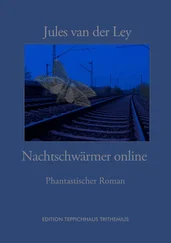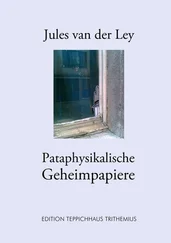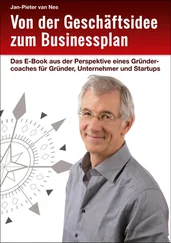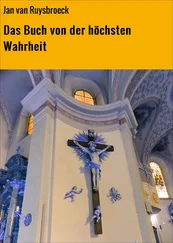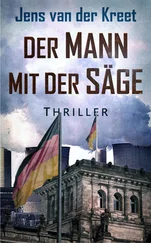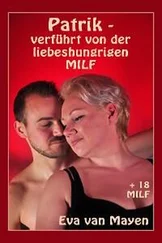‘I won’t give you false hope,’ he said without sitting down. ‘He’s still in a critical condition. I had to remove his spleen … it was badly damaged. Half of it at first, and then the rest. The impact caused a serious trauma to the lungs. They’ve taken on a lot of blood. It’s complicated by the fact that there was also substantial brain damage. We opened up his skull on the right side, because the brain has started to swell there. It desperately needs oxygen, which the lungs aren’t producing … The next few hours will be touch and go.’
As he spoke, his voice calm, Miriam sat next to me, shivering. A new and detailed map of the child she had given birth to was being unfolded in front of us.
‘I’m going back to the OR,’ said Dr G. ‘You’ll be kept informed of any developments, naturally. I’ll stop by again before I go home.’
It was absurd that we had been brought here but couldn’t see Tonio. An entire team of masked experts bent over his opened-up insides, and inserted tubes, tampons, scalpels, forceps, clamps. But maybe what he needed most was Miriam and me, simply to hold his hand.
Today, for the first time in a long while, I did not associate the AMC with champagne. From 2005 to 2007 I was administered my magic pill at the Endoscopy unit of the Stomach, Intestine, and Liver wing, under the watchful eye of Professor Lisbeth. As the study also included taking detailed notes of changes in the professional life of the guinea pigs, I had faithfully reported that my new novel was finished, and promised I would do my best to keep the alcoholic festivities to a minimum. At my next appointment, after being weighed and jabbed, I sat hooked to a blood pressure monitor when the door opened and in came Professor Lisbeth with a tray. Not with medical instruments, but a wine cooler holding a bottle of bubbly and three champagne flutes. It was the first time I ever heard the pop of a champagne cork in a hospital, followed by the effervescence of the wine and the clinking of glasses.
‘To your new book!’ Lisbeth was still wearing her white coat, but that only made it more festive. Her assistant, Ellen, had just tapped a quarter of a litre of my blood into a tube, so I could certainly use a pick-me-up. The impromptu reception was touching, and only there in the examination room did it hit home that the job was truly finished. The glistening eyes of the women told me that for them, too, this sort of thing only happened once in a blue moon.
12
Tonio’s arrival put paid to a longstanding dilemma that procreation had finally undone, but my fear of losing the child was in no way diminished. My breathless efforts would now be dedicated to piloting my son safely through all the predicaments and perils of the world.
We got postnatal assistance far too late after the birth, and I had the impression that in order to make the girl feel not entirely unneeded, Miriam gave her little jobs that she could already handle herself. The aide continually came into my room to ask about my work. It was her way of flirting with men who she presumed had been shortchanged, physically speaking, during their wife’s pregnancy. She took a broad view of her duties.
It was 26 June 1988. Now that the girl was in the house to assist Miriam and help look after the baby, I could nip out to the Dutch national football team’s ticker-tape parade. They had just won the UEFA championship in a 2–0 victory over the Soviet Union.
The canal district, which had centrifugally grown from the Middle Ages till the Golden Age, had that day turned into a centripetal force. The orange or red-white-blue clad crowds hastened, as though riding a strong tailwind, in the direction of the city centre. So as not to feel like a complete football-crazed idiot, I let as many fans as possible pass, ambling with the air of a man out on an aimless stroll. I’d have liked to be wheeling Tonio triumphantly in front of me, but Miriam forbade it. She was already wary of pushy crowds. The thought of a trampled baby buggy was utterly intolerable.
An aunt of mine who had emigrated to Australia once spent two months back in Eindhoven in the late fifties, partly in order to take part in an old-fashioned Carnival celebration. She had dressed up like a Mexican, complete with an umbrella-sized sombrero, and tinted her face light brown with the wetted chicory-root coffee substitute that even fifteen years after the war my family of unfortunates still used as a taste enhancer. I don’t know if the mocha-faced fans who passed me on all sides had adhered to this recipe of face painting, but the rasta wigs left no doubt as to the message: they were Ruud Gullit.
A somewhat whiter company, cloaked in smocks pieced together from the Dutch flag, carried a banner. The text, in tar-like block letters, mockingly referred to the 1981 anti-nuke protests and to the previous day’s football victory over the Soviets: NO MORE RUSSIANS IN OUR BACKYARD, and in smaller letters: THEY’VE BEEN SENT TO SIBERIA.
I had followed most of the UEFA ‘88 matches with Tonio on my lap, enjoying a sense of wellbeing I had never experienced before. Now, I was walking toward the city centre nakedly empty-handed. When I was five or six, I used to carry our cat around for a good hour at a time. Once the beast had freed itself from my grip, his weight, fur and the rocking motion lingered in my arms, like a tingling, as though I was still tangibly carrying the invisible creature. I had the feeling it was the same thing now with the baby. I had carried Tonio through the room. I knelt down with him in my arms next to the speaker to listen to the oboe solo. Now, his imprint tingled in my empty arms — minus the warmth.
A twinge of treason: I had abandoned the nest. Mother and child had been left to the devices of an unreliable maternity aide.
At Museumplein, some 120,000 frenzied fans were waiting to hail the conquering heroes. How did they manage to get here from the canal bridges so quickly? Or had the crowd been standing here all this time, elbowing one another for the choice spots? Budging to the front, canalside, might cost the idolator a wet set of clothes, but here at Museumplein one was willing to lay one’s life on the line to kiss the hem of the nation’s garment. But the willingly parted lips were cracked by the sharp riot fences up front, near the stage.
It wasn’t entirely clear whether the fire hoses were meant to keep the approaching throng at bay, or to offer some cooling relief to those who were in danger of getting squashed against the fence. Anyone who fainted was passed overhead like a crowd surfer to safer quarters.
Television images of Heizel Stadium a few years earlier flashed before my eyes. Get me out of here. I had already left the nest unattended for too long. There, the Concertgebouw, beyond that and I was nearly home.
13
‘Shouldn’t we call Jim?’ I asked Miriam. ‘The poor kid won’t have the faintest idea why Tonio didn’t come home.’
We were sitting in the ICU courtyard in the sun.
‘I don’t know,’ Miriam said. ‘ If he sleeps, it’s around now.’
‘Sleeping disorder or no, Jim still has to hear what happened to Tonio.’
‘I’ll call his mother.’
Mobile phone in hand, Miriam walked to the middle of the small paved courtyard. A few moments later, I saw her hunched forward, talking into the phone. With her free hand, she continually wiped tears from her face. The Whit Sunday sun hung motionless and unmoved above the building complex, and dried her fingers.
‘Jim’s parents’ll go to their flat to tell him in person. You know what, I’m going to call Hinde. See if she’ll come here, with Frans.’
Miriam phoned her sister. I could not make out what she was saying as she walked along the concrete planters.
Читать дальше
